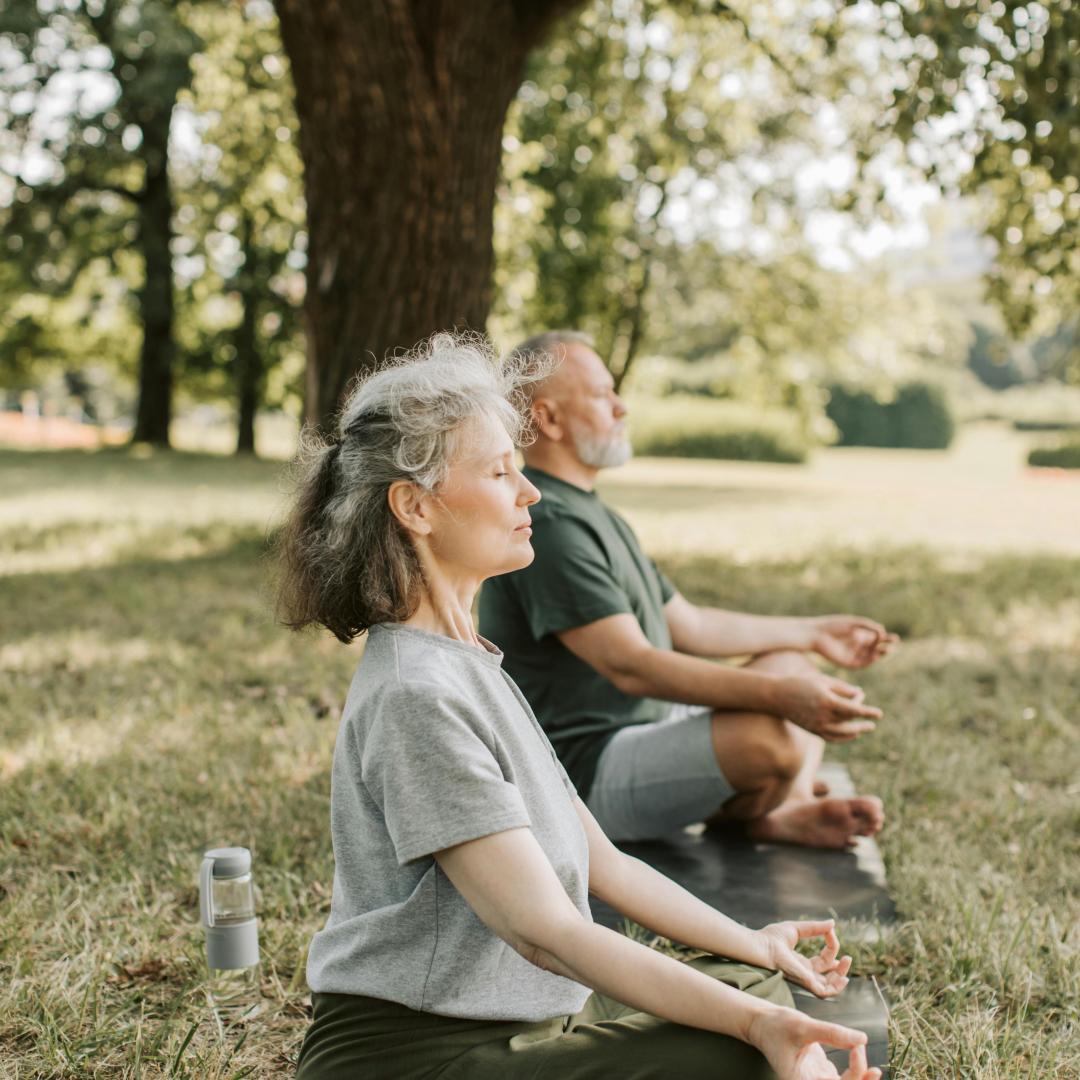Deep Breathing Exercises to Instantly Calm Your Nerves
Stress and anxiety have become common companions in our daily lives. These feelings can leave us feeling overwhelmed, both mentally and physically. However, one of the simplest and most effective tools to combat stress is right under your nose—literally. Deep breathing exercises can be a powerful method to instantly calm your nerves and bring about a sense of peace and relaxation.
Understanding the Science Behind Deep Breathing
Our breath is deeply connected to our autonomic nervous system, which regulates involuntary body functions such as heart rate, digestion, and respiratory rate. The autonomic nervous system is divided into two parts: the sympathetic nervous system, which triggers the "fight or flight" response, and the parasympathetic nervous system, which encourages the "rest and digest" state.
Deep breathing exercises activate the parasympathetic nervous system, promoting relaxation and counteracting the stress response. This is achieved by sending a signal to your brain to calm down, which in turn slows your heart rate, reduces blood pressure, and decreases levels of stress hormones like cortisol.
The Immediate Benefits of Deep Breathing
-
Reduces Stress and Anxiety: By focusing on your breath, you divert attention away from what's causing your stress and present your mind with an immediate, calming anchor.
-
Lowers Blood Pressure: Controlled breathing helps in reducing blood pressure, thereby alleviating the strain on your cardiovascular system.
-
Improves Concentration and Focus: Deep breathing increases oxygen flow to the brain, enhancing cognitive function and allowing for clearer thinking.
-
Promotes Emotional Well-Being: Regular practice of breathing exercises can improve your mood and heighten feelings of relaxation and happiness.
Quick Deep Breathing Exercises to Try
1. 4-7-8 Breathing
This technique encourages full oxygen exchange, slowly calming the nervous system.
- Instructions:
- Sit or lie down in a comfortable position.
- Close your eyes and place the tip of your tongue against the roof of your mouth.
- Inhale quietly through your nose for a count of four.
- Hold your breath for a count of seven.
- Exhale completely through your mouth, making a whoosh sound, for a count of eight.
- Repeat this cycle three to four times.
2. Box Breathing (Square Breathing)
Box breathing is a technique used by Navy SEALs to manage stress and maintain focus in high-pressure situations.
- Instructions:
- Inhale slowly through the nose while counting to four.
- Hold your breath for another four counts.
- Exhale through the nose for four counts.
- Hold again for four counts.
- Repeat several times.
3. Diaphragmatic Breathing (Abdominal Breathing)
This exercise enhances deep breathing to improve lung function and oxygenation.
- Instructions:
- Sit comfortably with your back straight.
- Place one hand on your chest and the other on your abdomen.
- Inhale deeply through your nose, ensuring only your abdominal hand rises.
- Exhale slowly through pursed lips, letting your hand on the abdomen fall.
- Focus on engaging your diaphragm throughout the process.
Incorporating Deep Breathing into Your Daily Routine
To reap the full benefits of deep breathing, regular practice is key. Here are some tips to incorporate these exercises into your routine:
- Set aside 5-10 minutes every morning and evening to practice breathing exercises.
- Use deep breathing as a tool to handle acute stressors, such as before a presentation or during a hectic commute.
- Pair breathing exercises with mindfulness or meditation practices to enhance relaxation.
- Establish reminders or cues in your environment to prompt you to practice deep breathing.
Conclusion
Deep breathing exercises serve as a powerful antidote to the stress and anxiety prevalent in modern life. With their ability to instantly calm your nerves and promote a state of relaxation, they are an invaluable addition to your wellness toolkit. By taking a few moments each day to focus on your breath, you can cultivate greater tranquility and resilience, allowing you to navigate life's challenges with renewed calmness and clarity.






















